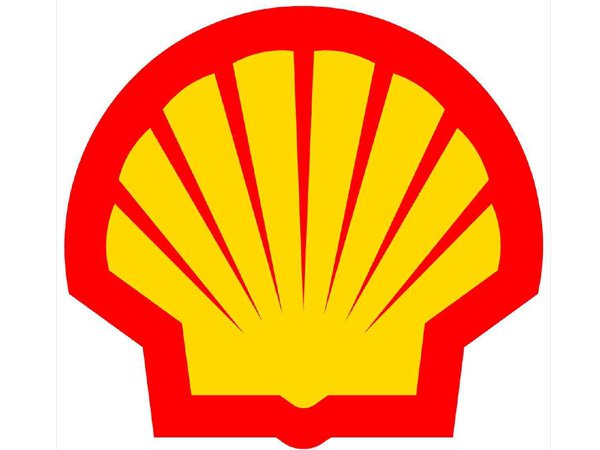Pilipinas Shell to allot P4-B for retail network expansion, bitumen project
- May 17, 2017
- 0

This as Shell leverages on its other strengths amid the declining use of fuel oil in the power sector, Pilipinas Shell president and CEO Cesar Romero said in a briefing,
“We will deal with the new reality of declining fuel oil for the power sector. We will continue leveraging our strong positions in other segments in the aviation, lubricants, bitumen,” Romero said.
To leverage on the other sectors, Shell has set roughly P4 billion annually for the next three years, Jose Jerome Pascual III said.
“We will include the expansion of our retail network, as well as bitumen project and optimization of the refinery,” Pascual added.
20 to 25 percent of the total will be allocated for retail expansion, while 30 percent will be for the bitumen project and 20 to 25 percent to the refinery and the balance for the general supply chain capital expenditure.
Shell is also looking to build around 50 to 70 stations per year.
“That’s more or less our aspiration. It could be a little more or a little less. Last year, we built around 48 but there’s no shame in admitting that. We don’t play the numbers game. We actually want a disciplined expansion ensuring that the capital is deployed efficiently,” Romero said.
The company has also begun on its bitumen facility in the Tabangao facility, which is set to be completed by the first quarter of 2018 in line with the government’s massive infrastructure plan.
“In terms of target market, we are in a good position. We have 50 percent of the bitumen market in the Philippines. The growth of bitumen business will grow hand in hand where the government wants to build. It’s very much in line to support government’s priority,” Romero said.
The Tabangao refinery will go through reconfiguration that will prolong the turnaround cycle from four years to six years.
“It will actually increase gross margin… using cheaper crude,” he said.
The said investments will aid the company from the reduction of the fuel oil usage in the power sector that dropped 30 percent in 2016.
“We remain very bullish in the business and the country in general. The country continues to post 7% GDP growth rate, and with that energy demand,” Romero said.